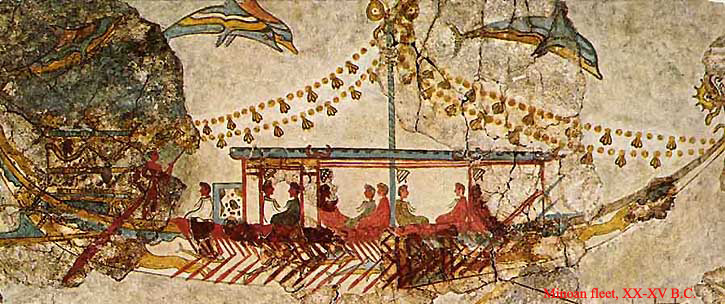Summary of the book by A. Zolotukhin
“The secrets of “Slovo o polku Igoreve” (monographic researches)
The information concerning the discovery, which deals with one of the most outstanding monuments of the Old Russian literature of XII century – “Slovo o polku Igoreve” (“The tale of prince Igor’s campaign”) is given in this book. The evidence collected shows that “Slovo…” is made in a genre of secular Godservice. It means, that its secular content is arranged in the form of godservice. The text of the monument in the way of its form can be presented in two versions of the church service: in the form of All nightly vigil and as a Byzantian canon. It is shown, that it was Illarion-Nikon (997-1088) who was the first to develop this genre in the Old Russian literature. He appears in “Slovo…” under the name of Boyan. The canon comprises over 250 secret akro-, meso- and televerses, both separate and interwoven in a special way. It is shown, that akroverse summarizing the whole work is compiled in the way of a cross. On the basis of author’s instructions, the technique and rules of compiling secret akromeso-televerses has been restored. Compilation of verses, being basic ones, from 13 syllables or composed from 5 words in Hebrew verse, which had no vowels were laid into the foundation of those rules.
As is demonstrated on particular examples of texts of Byzantian and Ancient Bulgarian, the technique of compiling latent verses is dated far into the early history. The family tree from Adam up to Christ is made up, from which it follows that there were two Homers in the world culture history. The former was the son of Iaphet and grandson of Noah. 12 centuries later the second Homer came to life – a poet, founder of European culture. It is shown, that Moses was the first who made the family tree of five verses, each comprising 5 names. After him David repeated this experience. The example of Ancient Greek akroteleverse decoding is presented (later than 581 B.C.), being compiled from 13 syllables. This secret verse was obtained in result of deciphering an epitaph on the stone found on the Berezan’ island in 1900. It allowed us to determine, that Homer was born in September 14, 657 B.C. and died in July 18 or August 15, 581 B.C.
From latent verses it was possible to determine, that the author of “Slovo…” was Cyril Turovskoy (1101-1208). It became possible to find out some other important circumstances of life and creative work of Cyril Turovskoy and Ilarion-Nikon-Boyan, as well as define the date of creation and performance of “Slovo…” in Kiev from March 25 till April 3,1187. Abrief biography of Cyril Turovskoy was compiled. From secret verses of “Slovo…” the biographic dates of the founder of the Kiev Rus, i.e. of Great Riurik were found out: March 25, 816 – July 2,879 A.D.. His father was a byzantian from an imperial kinship of Tour (born in 777), and his mother was Valentina Igorevna (born in 795). Her father was a slav prince Igor Davydovich. Riurik was born in the town of Turov, founded by his father. Therefore Riurik was not an alien viking.
It is demonstrated that one of the most ancient monument of the history is the Kiev corpus of chronicles composed in the same genre, as “The tale of prince Igor’s campaign”. In 1186 Cyril Turovskoy accomplished staging the chronicle record about a campaign of prince Igor Svyatoslavich against polovtsi in 1185. It was clarified, that in order to carry out this performance the great Kiev prince Svyatoslav Vsevolodovich constructed the first Old Russian theatre in 1187. The outlook of the theatre and the script of ‘’Slovo’’ performance were restored. It was proved, it was the first opera in the history of mankind, that appeared 400 years earlier than Italian opera. In five volumes of “Encyclopedia” of the “Slovo…”, compiled by the Russian Academy of sciences (St-P., 1995), there is not a single article concerning this subject, the name of the author has no relevance to the name of Cyril Turovskoy. The name of Boyan is neither associated with the name of Ilarion-Nikon.



